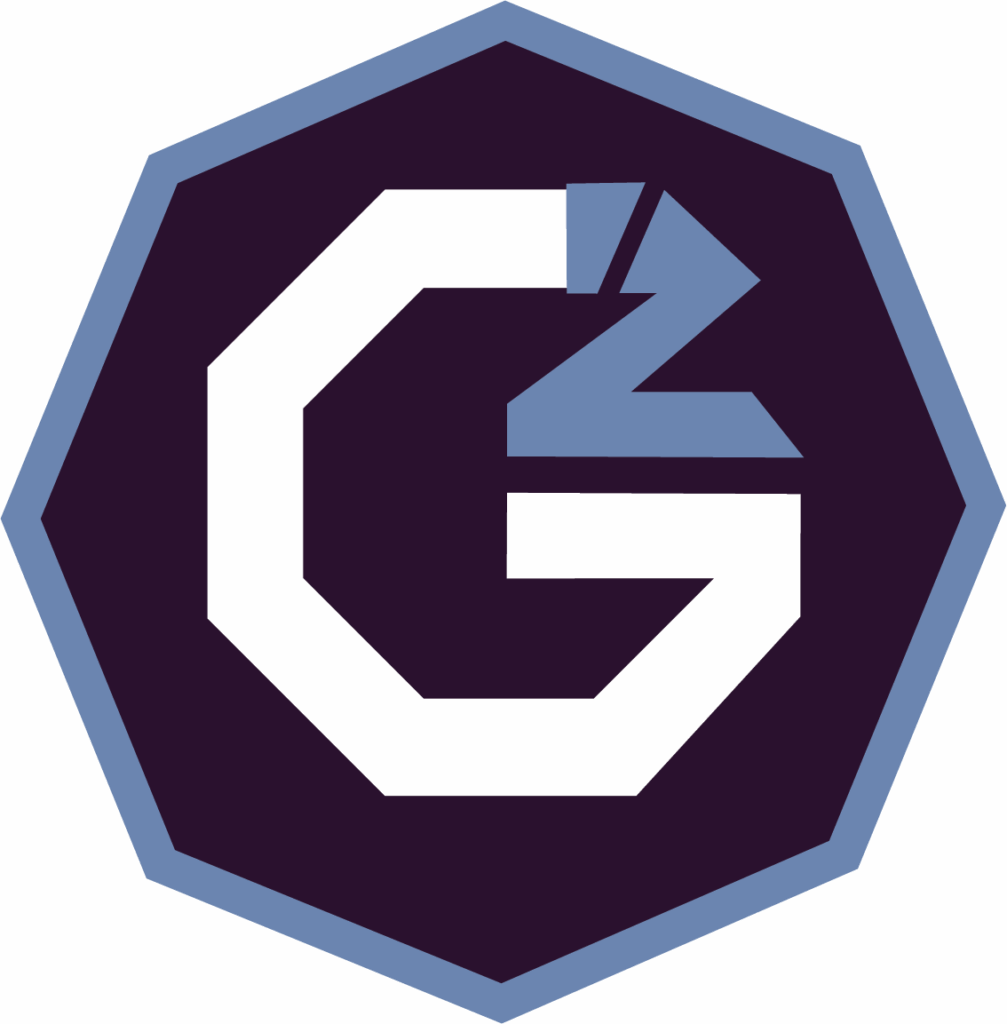It was a day that started like any other. The sun was shining, and the world seemed full of life and promise. But little did I know that the events of that fateful day would alter the course of my family’s life in ways we could never have foreseen.
A serious accident had struck our family, leaving my beloved parent in a coma. The initial shock and disbelief were indescribable, but we clung to hope and prayed for a miraculous recovery. However, as the days turned into weeks, the doctors presented us with a difficult decision: the advanced directive that should guide our actions in such trying times was in question.
The advanced directive, a document that outlined my parent’s healthcare wishes, specifically the “Do Not Resuscitate” (DNR) order, was the focal point of uncertainty. It was a document that had been carefully crafted, witnessed, and signed by my parent, and yet, its authenticity was disputed. The burden of this uncertainty weighed heavily on our hearts as we faced the agonizing decision of whether to continue life support or honor my parent’s wishes.
The situation was further complicated by conflicting interpretations of the document, with some healthcare professionals expressing doubt about its legitimacy. This confusion was not only emotionally draining but also left us in a profound state of vulnerability. It was a situation that no family should have to endure.
Reflecting on those difficult days, I can’t help but think about how a simple solution could have spared us this anguish. If we had minted the advanced directive as an NFT on the Ethereum blockchain and stored it securely in an electronic wallet, the authenticity of the document would have been beyond question. The transparency and immutability of blockchain technology would have provided an indisputable record of my parent’s wishes.
This experience has underscored the importance of embracing new technologies in document management, particularly in matters as critical as healthcare directives. The NFT-based approach would have not only upheld the authenticity of the document but also ensured that my parent’s wishes were respected, alleviating the emotional turmoil and uncertainty that haunted us during those trying times.
While we cannot turn back the clock or change the outcome of that painful episode, I am committed to advocating for the adoption of blockchain technology, specifically NFTs, in storing important documents. The peace of mind that comes from knowing that your loved ones’ wishes are unquestionably preserved is immeasurable. It’s a step toward preventing the agony and turmoil my family endured and ensuring that, in similar circumstances, a family’s focus remains on providing support and love during those difficult moments, rather than questioning the authenticity of documents.
In memory of my beloved parent, I have embarked on a mission to raise awareness about the transformative power of blockchain technology in document management. My hope is that, through education and advocacy, other families may be spared the anguish and uncertainty we experienced, and that their focus can remain where it truly belongs: on their loved ones.
Sincerely,
Jason Kruse





